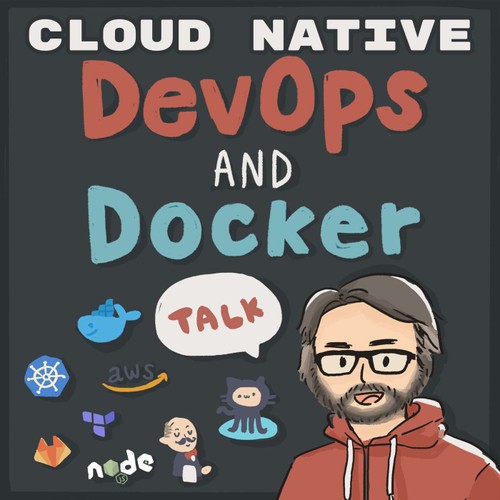
 DevOps and Docker Talk: Cloud Native Interviews and Tooling
DevOps and Docker Talk: Cloud Native Interviews and Tooling Docker Swarm vs. Kubernetes, from Berlin
Oct 22, 2019
The podcast discusses the pros and cons of Docker Swarm and Kubernetes for container orchestration. It emphasizes the importance of understanding both tools before making a decision. The speaker also talks about their Docker Mastery course and its popularity, as well as the development of more focused courses like Swarm Mastery and Kubernetes Mastery. Other topics include lock files in Node.js, scratch containers in Docker, troubleshooting DNS in Docker Swarm, and comparing AWS, Google Cloud, and Digital Ocean.
Chapters
Transcript
Episode notes
1 2 3 4 5 6 7
Introduction
00:00 • 2min
Choosing the Right Tool: Docker Swarm or Kubernetes?
02:08 • 15min
Docker Mastery Course and Comparison with Kubernetes Mastery
17:22 • 18min
Lock File Importance and Scratch Containers in Docker
35:46 • 7min
Latest Releases and Troubleshooting DNS in Docker Swarm
42:46 • 3min
Container to Container Communication on Windows with Windows Containers
45:30 • 2min
Comparing AWS, Google Cloud, and Digital Ocean
47:43 • 9min
